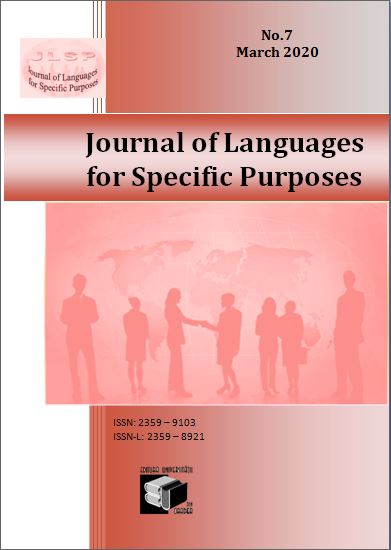Yalta Agreement Ww2
The three heads of state and government have ratified the agreement of the European Advisory Commission setting the limits of post-war zones of occupation for Germany: three zones of occupation, one for each of the three main allies. They also agreed to give France an area of occupation that was cut off from the areas of the United States and the United Kingdom, although De Gaulle later refused to accept that the French zone be defined by borders defined in his absence. De Gaulle therefore ordered the French forces to occupy Stuttgart in addition to the previously agreed areas, which included the French zone of occupation. He only withdrew when he threatened to suspend most of the U.S. economic supply. [11] Churchill, at Yalta, argued at the time that the French must necessarily be full members of the proposed Allied Control Council for Germany. Stalin opposed it until Roosevelt supported Churchill`s position, but Stalin insisted that the French would not be admitted to the Allied Reparation Commission, which was to be set up in Moscow, and yielded only to the Potsdam conference. Allied leaders came to Yalta because they knew that an Allies` victory in Europe was almost inevitable, but they were less convinced that the Pacific War was coming to an end. Recognizing that a victory over Japan might require a long-term struggle, the United States and Britain saw a great strategic advantage for Soviet participation in peaceful theatre. At Yalta, Roosevelt and Churchill discussed with Stalin the conditions under which the Soviet Union would go to war with Japan, and all three agreed that the Soviets should have a sphere of influence in Manchuria in exchange for a potentially decisive Soviet participation in the Pacific theatre after Japan`s surrender. These include the southern part of Sachalin, a lease in Port Arthur (now Thehukou), part of the manchury and Kuril Islands. This agreement was the main concrete achievement of the Yalta conference. Churchill defended his action in Yalta in a three-day parliamentary debate that began on 27 February and ended with a vote of confidence.
During the debate, many MPs criticized Churchill and expressed deep reservations about Yalta and his support for Poland, 25 of whom drafted an amendment to protest the agreement. [22] The agreement called on the signatories to “consider together the measures necessary to fulfil the common responsibilities defined in this declaration.” During the discussions on Yalta, Molotov added language that weakens the implication of the application of the declaration. [19] The final agreement stipulated that “the provisional government, which is currently working in Poland, should therefore be reorganized on a broader democratic basis, including Polish and Polish democratic leaders abroad.” [18] Yalta`s language recognized the supremacy of the pro-Soviet Lublin government in a provisional government, albeit a reorganized one. [19] Washington, D.C., March 24 – The text of the agreements reached at the Crimean Conference between President Roosevelt, Prime Minister Churchill and Generalissimo Stalin, as published today by the Ministry of Foreign Affairs, follows: the Prime Minister of the Union of Soviet Socialist Republics, the Prime Minister of the United Kingdom and the President of the United States of America have come together in the common interest of the people of their countries and the people of their countries.





